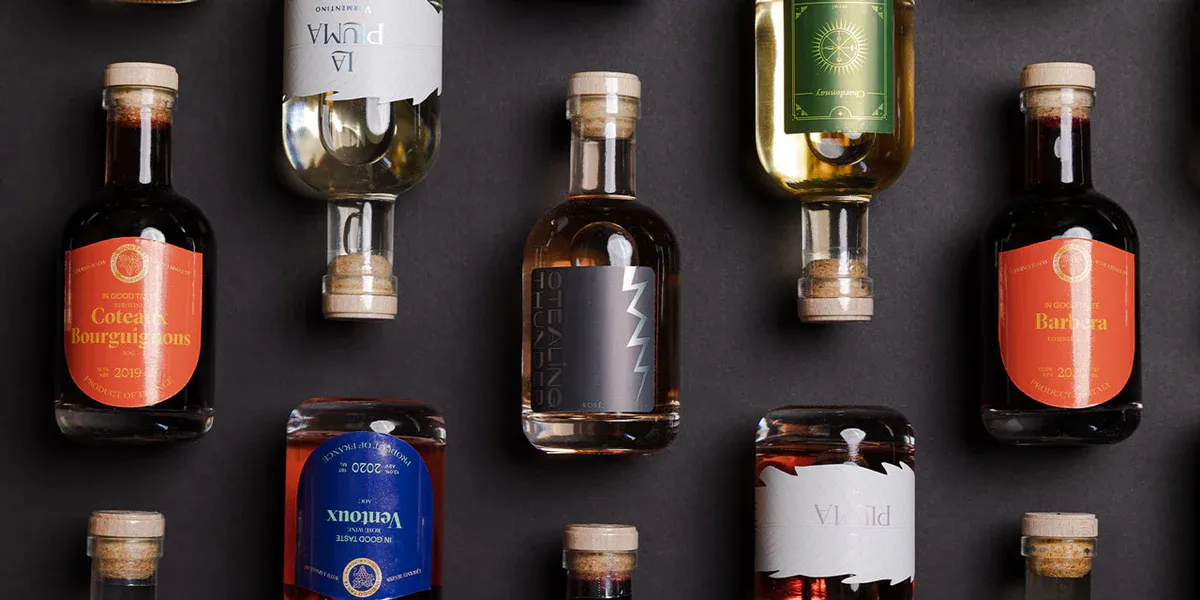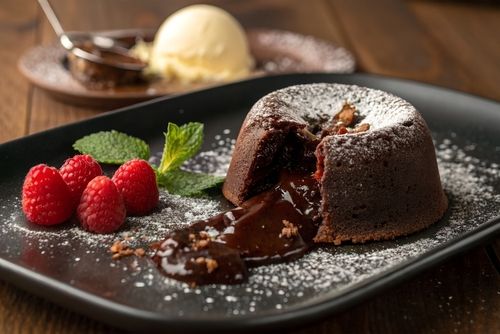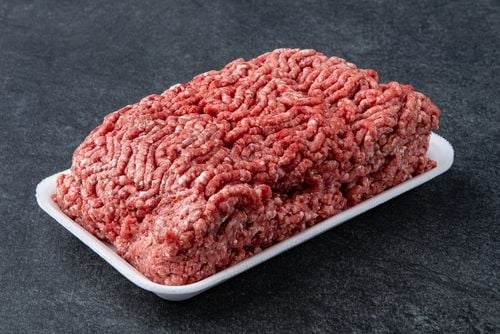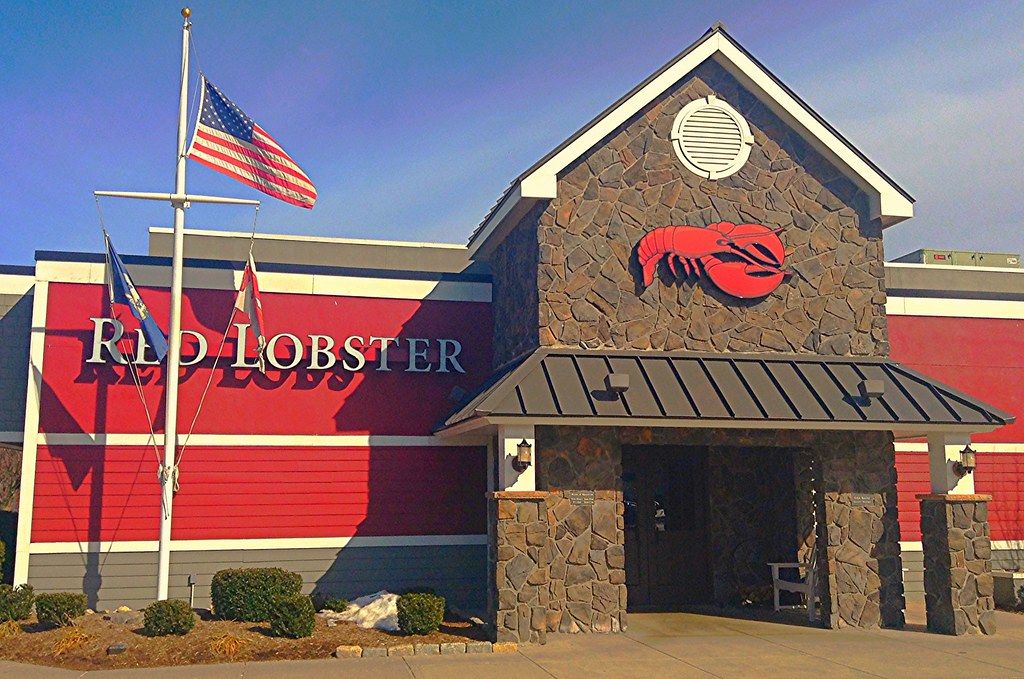
Decoding the Healthier Choice: Alcohol or Cannabis?
- Sep 4, 2025
With cannabis products becoming increasingly available across the U.S., many are being left with the burning question: which is healthier - alcohol or cannabis? The question is complicated by the current legal status of cannabis, which is classified as a Schedule 1 drug and thus is regarded as having a “high potential for abuse,” says Ryan S. Sultan, MD from Columbia University Irving Medical Center/New York State Psychiatric Institute.
Despite the recognition of its medical use in several states, cannabis remains unaccepted for treatment at the federal level of the U.S., as explained by Sultan. The researcher has faced multiple barriers in his work, requiring approvals from the Drug Enforcement Administration (DEA), Food and Drug Administration (FDA), and the National Institute on Drug Abuse to conduct research on cannabis effectively.
The irony that Sultan points out is that though these administrations demand research to validate the medicinal value of cannabis, obtaining the required permissions for said research still remains challenging. This creates an evident stumbling block for enhancing the understanding of cannabis and its potential benefits or hazards.
Cannabis can be consumed in different ways – through smoking, ingesting, or drinking. However, warns Sultan, one of the major risks associated with vaporized cannabis is the potential inhalation of harmful additives and other chemicals that are not regulated by the FDA.
Taking the consumption through gummies, edibles, or drinks, the landscape becomes fuzzier. “Studies on cannabis, especially in determining its long-term health effects, are quite limited," explains Ryan Marino, MD, an associate professor at Case Western Reserve University. “However, it may be associated with diseases like high blood pressure, heart, and vascular disease, and psychiatric illness," he continues. In fact, he cites a study that suggests a higher risk of psychiatric disorders with the increase in cannabis usage.
The Center for Disease Control (CDC) also warns about the potential linkage between cannabis and psychiatric diseases, including paranoia, schizophrenia, and hallucinations.
On the flipside, alcohol doesn't come without its own set of risks. It has been tagged as a Group 1 carcinogen by the International Agency for Research on Cancer, and a substance forming dependence according to the World Health Organization. Alcohol addiction could lead to overlapping psychiatric disorders, and higher risk of cancer as echoed by Dr. David Rabin, a psychiatrist, and neuroscientist.
Despite these concerns, Rabin argues that from a safety aspect, cannabis is essentially less lethal compared to alcohol. “There is no known quantity of cannabis that will lead to death," explains Rabin, noting its benefits in managing post-traumatic stress disorder symptoms.
Dr. Rabin backs his argument by pointing to a survey that suggests a significant decrease in opioid consumption with the use of medical cannabis. Along with this, he opines that cannabis has the ability to increase neuroplasticity, unlike alcohol.
Meanwhile, Sultan posits that alcohol, when used responsibly, can lead to reduction of cortisol levels, have a calming effect, and positively complement one's leisure activities. Marino adds that having a glass of red wine can have potential health benefits.
However, despite the unfolding evidence, the choice between alcohol and cannabis remains an open-ended debate. Dr. Rabin urges for action at the federal level for simplifying cannabis research and ensuring its safer production.
“Quality and safety could be more consistent with federal oversight in cannabis' growth, processing, and manufacturing," Rabin points out. He believes this could pave the way for comprehensive cannabis research in understanding its role in mitigating opioid addiction, pain management, and addressing various other medical concerns.






